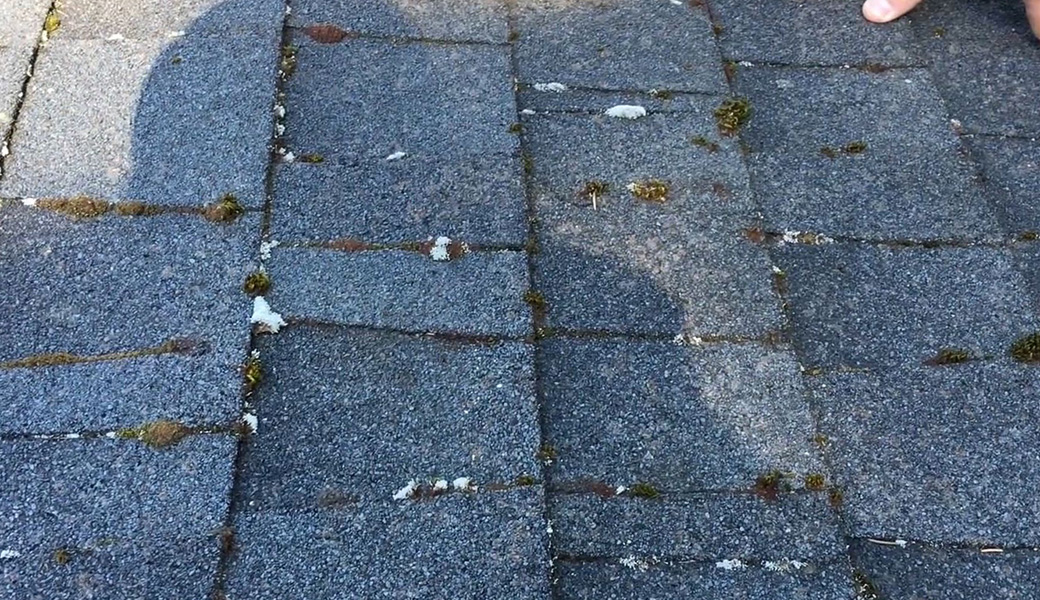Is Roof Moss Good For Compost?
Yes, roof moss is good for compost, although it is quite slow to rot, especially in large amounts.
Checking the roof of your home for moss, algae, and other organisms is vital to ensure that it lasts as long as it should do. The average roof, depending on what kind of material was used to create it, alongside the design and shape of the structure itself, are designed to last for somewhere in the region of twenty to forty years. Some roofs have been proudly standing on their buildings without replacement for much longer than that, however, and that will be mostly down to regular maintenance and inspections. These prevent costly problems and can extend the life of your roof by a large number of years, as well as increasing the aesthetic appeal of the property. If the entire neighborhood takes care of their residential roofs in the same way, it could increase the aesthetic appeal of the entire area.

REGULAR INSPECTIONS = LESS ROOF MOSS
When your roof is inspected regularly, a buildup of moss can be removed regularly. This means that only a small amount will be taken down each time, and that small amount will rot much faster in your compost heap. At the same time, small amounts of moss are not going to cause as much damage to your roof as larger formations of the stuff, so you’ll be doing yourself a favor all-round!
REGULAR INSPECTIONS = LESS DAMAGE
Roof moss is good for compost (in smaller amounts), but it’s definitely not good for your roof. This is because of many reasons …
1 - Moss is heavy, filled with moisture, and will slowly take over all cool and damp areas if presented with the opportunity. A lot of heavy moss will mean extra force and pressure on the roof’s structure, and will cause it to become weak over time.
2 - Moss adds moisture to the roof, and if there is enough of it, could cause cracks and other types of damage to shingles and other materials. It won't be long before the moss starts to find its way into the roof or attic area, taking small bugs and all sorts of other things along with it. Just one of those things will be water, which leads to water damage, mold, and more health implications than we have time to list.
3 - Added moisture and the weight of heavy, wet moss can leave shingles to curl up or split, making them more susceptible to getting blown off during high winds or bad weather. In turn, this will lead to large-scale repair jobs and potentially restoration of areas affected by water damage.
4 - Moss and water weight and damage can cause holes that animals can crawl into, increasing the chances of dangerous diseases being present in the building, as well as encouraging bad smells, more animals, and further damage.
If you would like to remove the moss from your roof and use it in your compost heap, have a chat with us! We can work with you to make this happen, and leave you with a safe, wonderful-looking home that anyone would be proud to live in!
Visit our Roof Contractor home page to learn more about us, or hire a local professional from over 100 USA locations.

